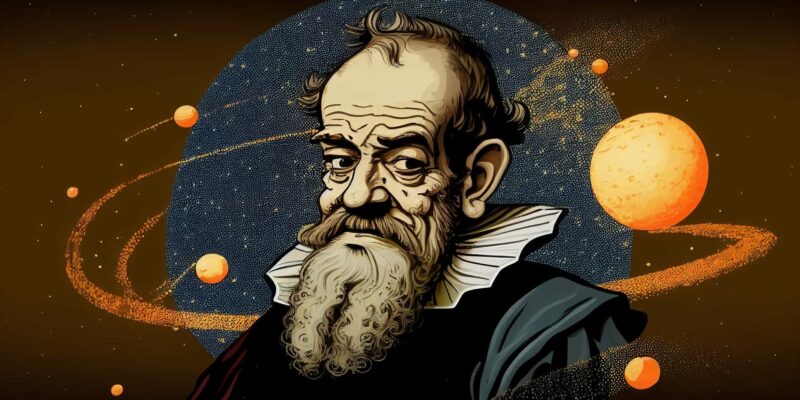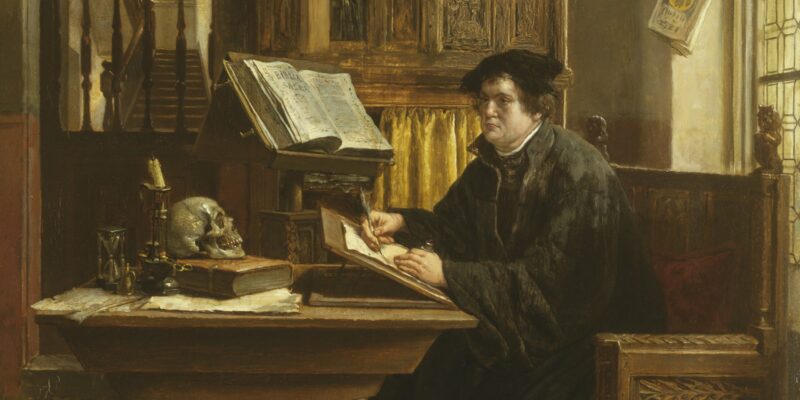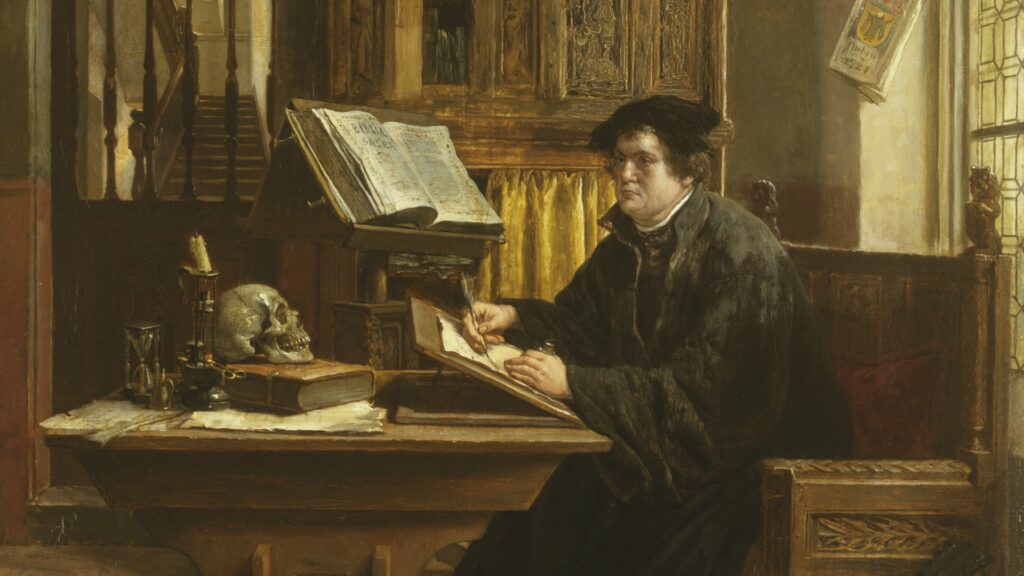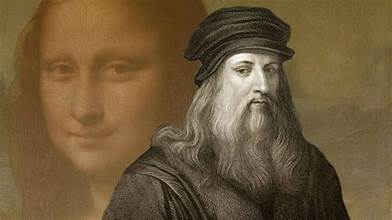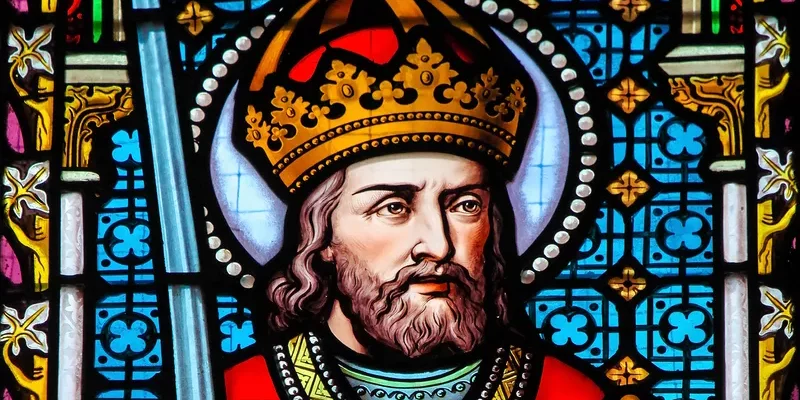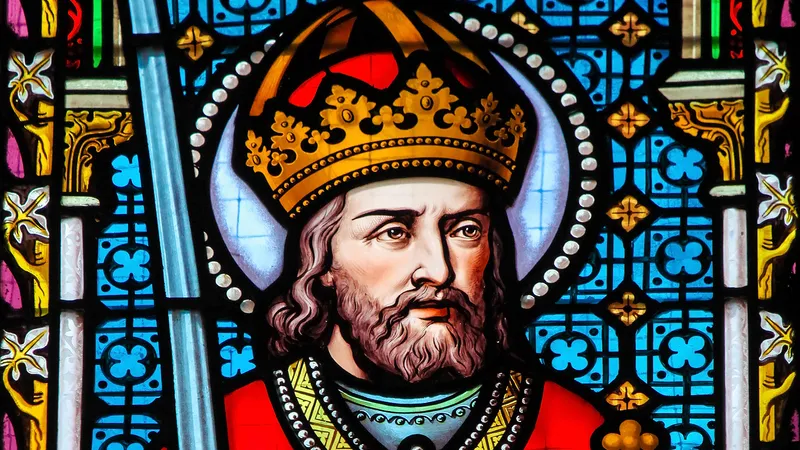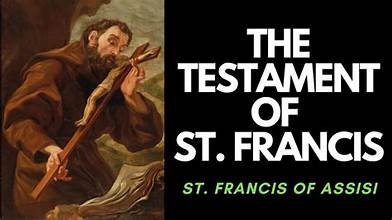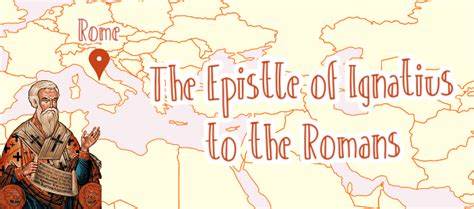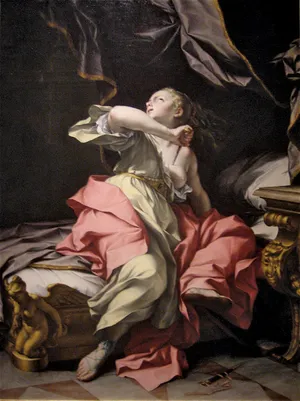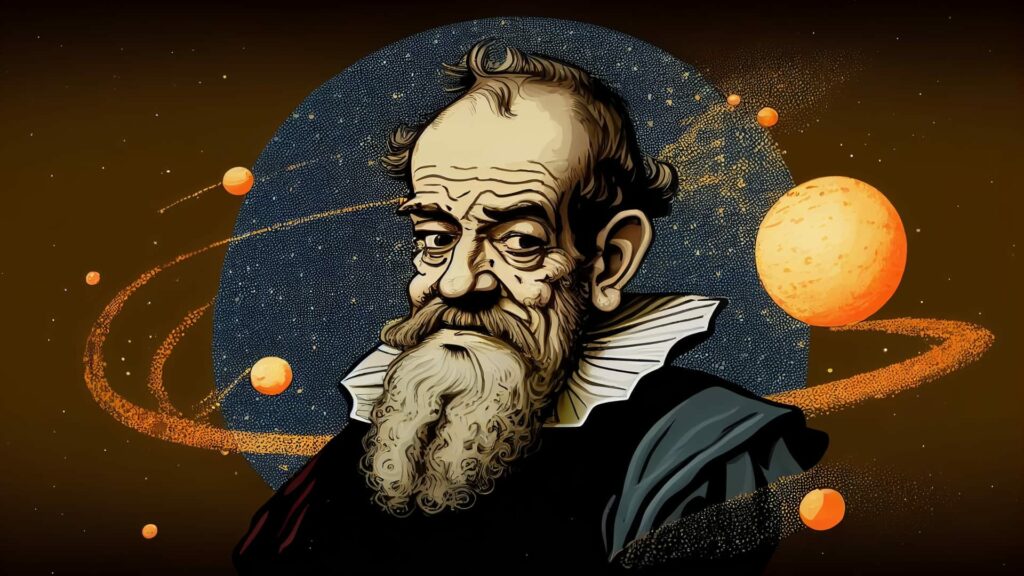
Many misconceptions have been created around the Galileo legend. His most interesting viewpoint was that of the heliocentric model. The model introduced a new way of thinking, the sun was the center. The Earth rotates around the Sun. This thinking made people question the Earth’s role in the Universe. In the seventeenth century, ways of scientific thinking were not separated from the Church. It was all controlled by the Catholic Church. The first misconception was that Galileo was the only one to support this model. Copernicus had developed the model and presented it 100 years prior. Surprisingly, the Church had been open to it and reviewed it, for research purposes only. The Chruch was upset with Galileo because he insisted the heliocentric model was a fact. The problem was that at the time, he did not have any proof. Even without proof, many believed him. Those who disagreed did so because of their religious beliefs. If the Church and religious leaders believed Galileo, they would be contradicting the writings of the Bible. A second misconception was from the Church. The Catholic Church was not anti-science. As I mentioned, the Church was aware of the model. Many people involved with the Church were also involved in scientific research. Conflict came when Galileo questioned the interpretations of scripture. The Chruch was not happy with this. The trial of Galileo in 1633 was influenced by his political mistakes, his enemies, and the changes in religion that occurred during the Counter-Reformation. The outcome was that he was guilty of violating the Church by stating heliocentrism as fact. The story of Galileo shows the balance of power between science and religion in the seventeenth century.
